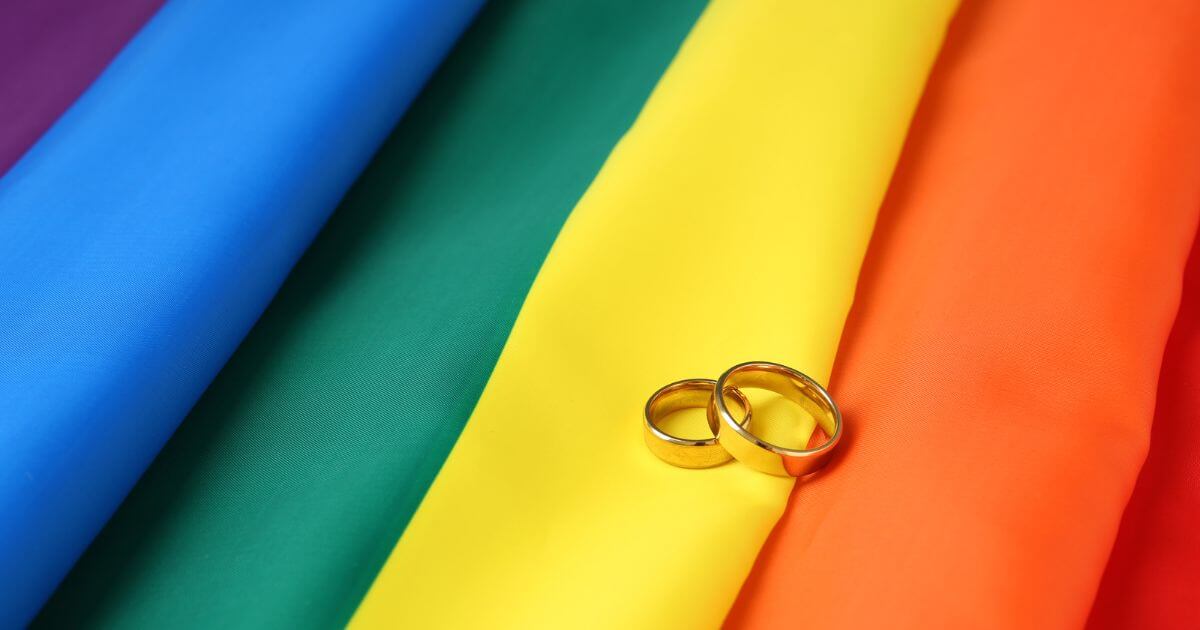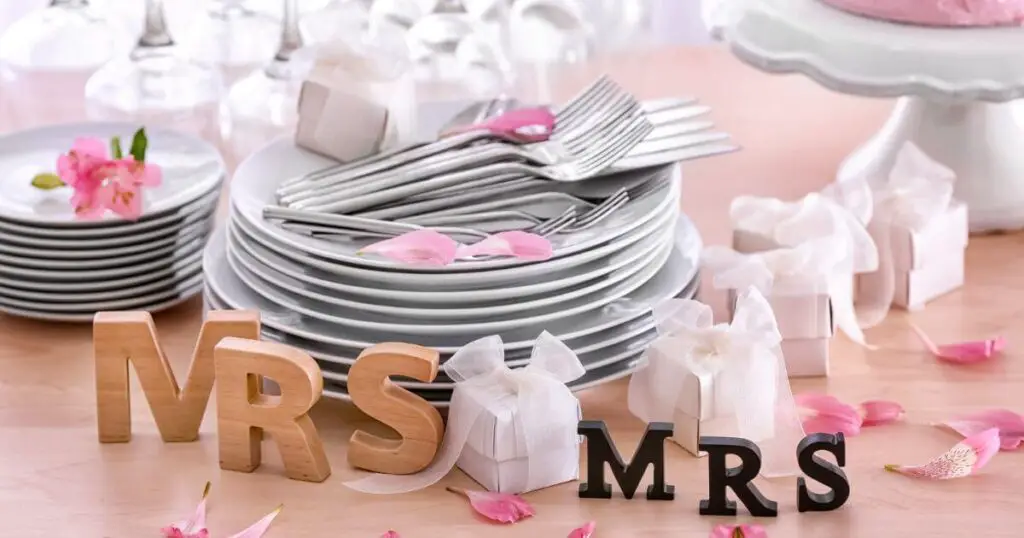How to Plan a Same-Sex Wedding in the Philippines: Legalities and Considerations

Are you and your partner planning a same-sex wedding in the Philippines but unsure of the legalities surrounding it? While the country does not currently recognize same-sex marriage, there are legal options available for you to tie the knot.
In this guide, we’ll cover everything you need to know about planning a same-sex wedding in the Philippines, including the legal considerations and planning tips. Whether you’re considering getting married abroad or having a commitment ceremony or symbolic wedding, we’ll provide you with the information you need to make your same-sex wedding a beautiful and meaningful celebration of your love.
Legal Considerations
Before planning your same-sex wedding in the Philippines, it’s important to understand the legal situation. Currently, same-sex marriage is not recognized in the country. However, there are other options available for same-sex couples to legally get married.
Getting Married Abroad
One option for same-sex couples is to get married abroad in a country that recognizes same-sex marriage. This would give you the legal rights of marriage, which you can then bring back to the Philippines. Keep in mind that this option can be expensive and may require significant planning and coordination.
Having a Commitment Ceremony or Symbolic Wedding
Another option is to have a commitment ceremony or a symbolic wedding in the Philippines. While this does not grant you the legal rights of marriage, it can be a beautiful celebration of your love and commitment.
It’s important to note that some local governments may require permits or licenses for commitment ceremonies or symbolic weddings. Be sure to check with your local authorities to ensure that you are following the necessary steps and procedures.
Planning the Wedding

Once you’ve decided on the legal option that’s right for you, it’s time to start planning your wedding. Here are some tips to help you get started:
Finding LGBT-Friendly Vendors and Suppliers
Finding vendors and suppliers who are supportive of same-sex weddings can be a challenge, but there are resources available to help you. Consider checking out LGBT-friendly directories, such as the Human Rights Campaign’s “Wedding Registry,” which lists businesses that explicitly welcome same-sex couples.
You can also ask for recommendations from friends, family, or members of the LGBTQ+ community. Don’t be afraid to ask potential vendors and suppliers if they have experience working with same-sex couples and if they are comfortable with your vision and preferences.
Choosing a Location and Venue
When choosing a location and venue for your wedding, it’s important to consider the safety and comfort of you and your guests. Look for venues that are known to be LGBT-friendly and that have experience hosting same-sex weddings. Consider the accessibility of the venue, as well as the availability of nearby accommodations for guests who may be traveling from out of town.
You should also consider the weather and time of year when choosing your wedding date and location. The Philippines is known for its tropical climate, which can be both a blessing and a challenge. Be sure to plan accordingly, and to have a backup plan in case of inclement weather.
Planning the Ceremony and Reception
When planning your ceremony and reception, let your creativity and personal style shine through. Whether you’re planning a traditional wedding or something more unique, make sure that the ceremony and reception reflect your values and beliefs. Consider incorporating cultural traditions or rituals that are meaningful to you and your partner.
You should also consider hiring a wedding planner or coordinator to help you with the logistics and details. A professional can help you stay organized, manage your budget, and ensure that everything runs smoothly on your big day.
Dealing with Family and Friends who may not be Accepting
Unfortunately, not all family and friends may be accepting of your same-sex wedding. It’s important to set boundaries and to communicate your expectations clearly. If you anticipate resistance or negativity from certain individuals, consider enlisting the help of a mediator, such as a therapist or religious leader.
Remember that your wedding day is about you and your partner, and it’s important to focus on the love and support that you have from those who do accept and celebrate your relationship.
Conclusion

Planning a same-sex wedding in the Philippines can be challenging, but with careful planning and support, it can also be a beautiful celebration of your love. Remember to consider the legal options available to you, find LGBT-friendly vendors and suppliers, and plan a ceremony and reception that reflect your personal style and values. With love and commitment, you can create a same-sex wedding that is authentic, meaningful, and memorable. Don’t let the lack of recognition of same-sex marriage in the Philippines hinder your dream of a same-sex wedding.
